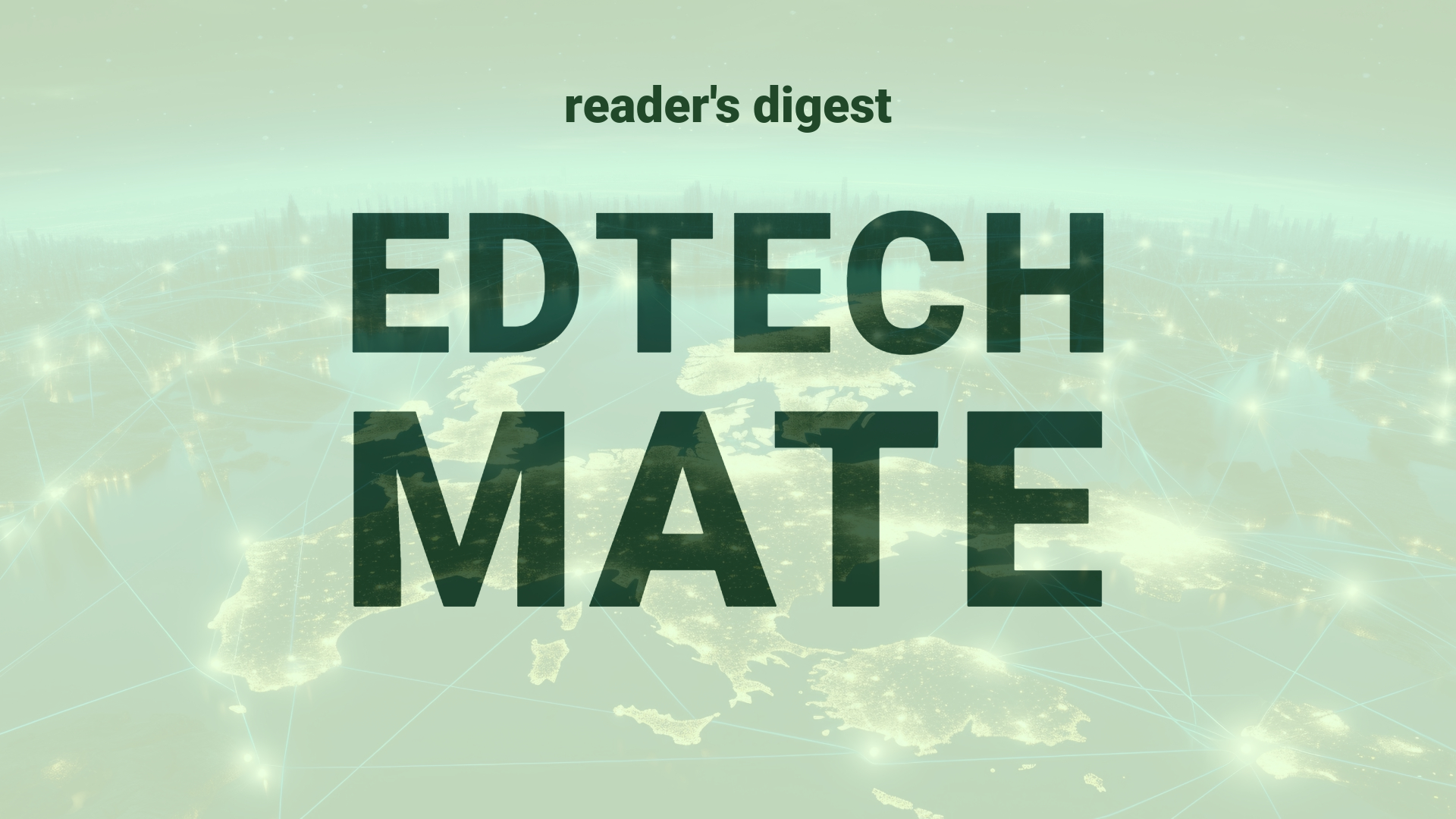“`html
Executive Summary and Main Points
Recent antitrust actions against Apple, including a significant lawsuit filed by the Department of Justice (DOJ) and 16 attorneys general, target the company’s alleged anti-competitive practices across its ecosystem comprising the iPhone, Apple Watch, and various services. The suit contends that Apple’s operations contravene the Sherman Act, which could result in a landmark decision possibly fracturing Apple’s integrated business model. Such a court battle underscores a momentum shift where governmental bodies are now more willing to challenge the overwhelming dominance of tech giants, a precedent with vast implications for market competition and innovation accessibility.
Potential Impact in the Education Sector
The outcomes of this lawsuit could stimulate further scrutiny and regulatory interventions in the edtech segment, affecting how devices and software are leveraged for educational purposes. Increases in device and platform interoperability could lead to more diverse and affordable digital tool options for Further Education and Higher Education. Micro-credentials might also benefit from open ecosystems via expansive and unimpeded access to learning apps and platforms. The case may encourage educational institutions to pursue strategic partnerships prioritizing open-source technology and digital innovation to ensure educational equity and access.
Potential Applicability in the Education Sector
Educational institutions might draw from this legal inspiration to apply a more rigorous competition framework in their procurement of technology, promoting an ecosystem conducive to AI-assisted learning that’s device-agnostic. By encouraging competition and reducing monopolistic control over educational software and devices, schools and universities can facilitate the integration of diverse digital tools and platforms. This would ultimately serve to personalize and enhance the learning experience universally, promoting both inclusivity and academic excellence across global education systems.
Criticism and Potential Shortfalls
While the case champions competition and consumer choice, criticisms might arise regarding the delicate balance between open ecosystems and the maintenance of quality, security, and privacy standards—considerations especially pertinent in the education sector. International case studies, such as the European Union’s Digital Markets Act impacts, can offer insights into the dynamics between regulatory measures and innovation in technology. Moreover, the ethical and cultural implications must be assessed; for instance, extensive market deregulation could potentially exacerbate digital divide issues in less affluent regions if not strategically managed.
Actionable Recommendations
For international education leadership, the lawsuit serves as a catalyst to revisit technology procurement policies, fostering competition and collaboration with a variety of tech providers. Leaders should consider advocating for open standards and interoperability when deploying educational technology to ensure a multiplicity of options and cost-effective solutions. Moreover, investments in faculty and student digital literacy programs will be essential to navigate an increasingly complex technological landscape, equipping stakeholders to benefit from an envisioned open and competitive digital education market.
“`
Source article: https://www.cnbc.com/2024/03/21/doj-sues-apple-over-iphone-monopoly.html

